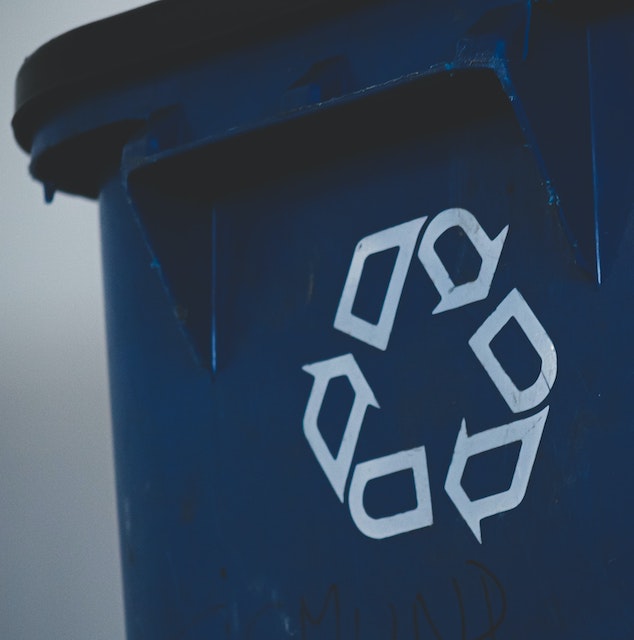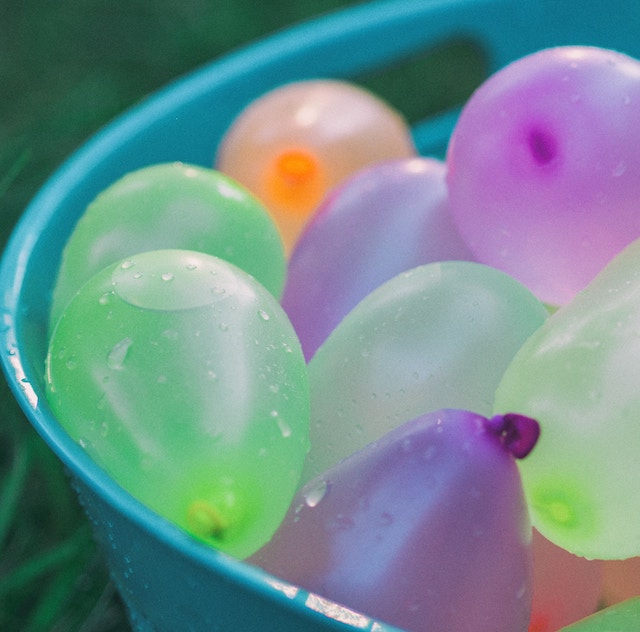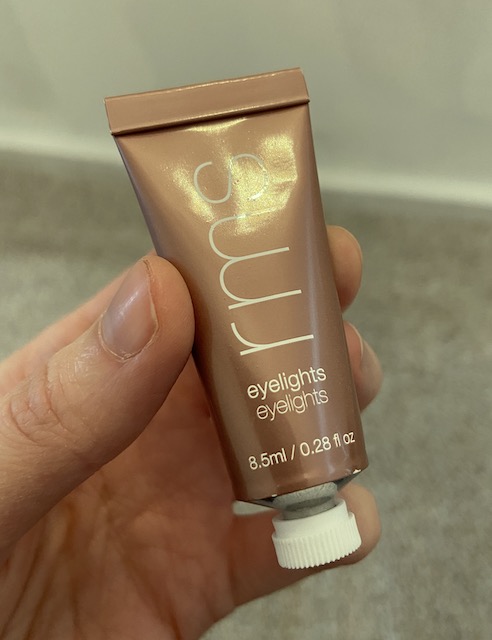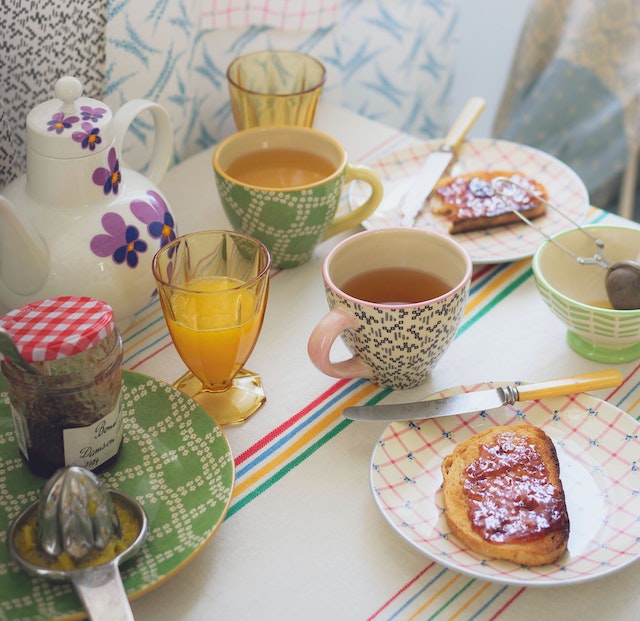In the world of recycling and sustainability, “downcycling” is a term that comes up often. But, not everyone understands what it means or why it matters. Downcycling plays a significant role in the lifecycle of materials and products, influencing both the environment and resource usage. This post will explore what downcycling is, its implications, and how we can prevent it to promote a more sustainable future.
Read More ➥Tag: plastic free
bookmark_border10 Easy Ways to Reduce Your Plastic Consumption!
Plastic pollution is one of the most pressing environmental issues we face today. It threatens wildlife, pollutes oceans, and can take centuries to degrade. Reducing your plastic consumption not only helps the environment but also promotes a healthier lifestyle. And there is no better time to reduce your plastic consumption than Plastic Free July! This month long challenge is a great place to evaluate where you encounter plastics in your daily life. To help you get started, here are ten straightforward (and effective!) ways to cut down on your plastic use.
Read More ➥bookmark_borderHow to Have a Plastic Free Tailgate for Football Season!
Hey earth muffins! Football season is upon us (which my fiancé doesn’t let me forget – I swear there is some sort of football game on every night lol!). Tailgating is a cherished tradition in football culture, bringing fans together to celebrate their favorite teams. However, it often generates a substantial amount of plastic waste. This post will provide you with tips to host a fun, plastic free football tailgate without any need for plastics.
Read More ➥bookmark_borderWhat is Wishcycling? (And How To Avoid It)
Hey earth muffins! Recycling is an essential practice that helps conserve resources and reduce waste. However, an increasingly common phenomenon known as “wishcycling” has emerged, undermining the effectiveness of recycling efforts. To avoid wishcycling and contribute to more effective recycling practices, here are a few things to keep in mind:

So, What is “Wishcycling”?
“Wishcycling” refers to the act of placing items in the recycling bin with the hope that they will be recycled, even if they are not accepted or recyclable in your local recycling program. While the intention behind wishcycling is often positive, it is definitely the way to NOT recycle. It can lead to contamination, higher costs, and ultimately undermine recycling systems. It should be avoided at all costs!
Read More ➥bookmark_borderAmazing Eco-Friendly Water Balloons Alternatives To Try This Summer!
Hey earth muffins! When the weather gets warm, water balloon fights are a popular way to cool off and have fun in the sun. However, traditional water balloons are single-use items that generate a significant amount of plastic waste. In addition, it is super annoying to clean up all the plastic remnants they leave behind! Thankfully, there are eco-friendly alternatives that allow you to enjoy water play without the negative environmental impact. Here are some fantastic options for eco-friendly water balloons to try out this summer!

~Sponges
Instead of using water balloons, try sponges! They are awesome because they soak up a bunch of water and won’t pop on impact. A quick dip in some water means they are ready to go again! You can even cut up some sponges into strips and tie them together to make sponge bombs as well.
Read More ➥bookmark_borderIs That Paint?! RMS Beauty Eyelights (in an Innovative Aluminum Tube)
Hey earth muffins! If you follow me on Instagram, you would have seen a recent haul I did from the Tera app. In this haul was an adorable little tube of eyeshadow from RMS Beauty…. I’ve had plenty of time to test this product out and wanted to share my thoughts with you all today. Keep reading for a full review of the RMS Beauty eyelights cream eyeshadow (affiliate link)!

bookmark_borderIs BPA Free Plastic Actually Safe?
Hey earth muffins! Whether we like it or not, plastic is everywhere. I’ve been seeing things labeled as “BPA free” a lot more recently, which got me interested in the health around BPA and plastics. From doing some research, I thought it was a fascinating thing to write about… So let’s jump into a quick discussion on BPA and BPA-free plastics!

What is BPA?
BPA, also known as Bisphenol A, is a chemical used to make certain plastics since the mid-1900s. The plastics that often have traces of this substance are used in containers to store food and drinks (like water bottles). Now you might be asking, why is it bad? I’m not a scientist myself, but there is tons of evidence out there about BPA seeping right into the food and drink stored in those containers. Exposure to certain amounts of BPA can lead to numerous health effects on the brains of infants and kids. Not only that, studies show it can also lead to increased blood pressure, type 2 diabetes and cardiovascular disease. While the U.S. Food and Drug Administration (FDA) says it is safe in low levels, I personally would rather not expose myself to those risks.
Read More ➥bookmark_borderHow to Host a Plastic Free Morning Tea
Hey earth muffins! Plastic Free July starts tomorrow – will you be participating this year?? One of the popular activities to do during July is to host a plastic free morning tea. ☕ According to the PFJ website, these teas are “a tangible and delicious way to get others involved and start having conversations around plastic free ideas, sharing solutions and making a real difference together”. I mean, who wouldn’t love to have a tea party?! In today’s post, I will be sharing my top tips for how you can host a plastic free morning tea during PFJ!

1. Make sure you have zero waste tea and/or coffee!
Tea (and talking about plastic use) is obviously the central part of this event… So make sure you have zero waste coffee and tea! I’ve written a whole post on how to reduce plastic when brewing your hot beverages. My top tip is to buy yourself a stainless steel tea infuser. There is no need for tea bags when you can opt for loose leaf tea instead!
Read More ➥